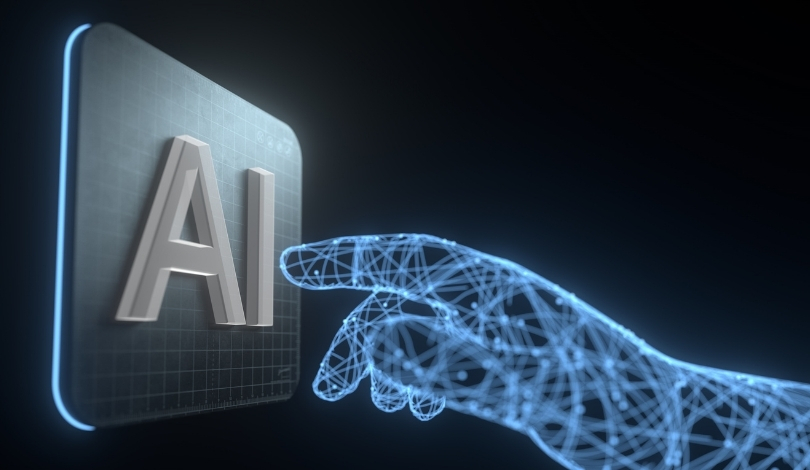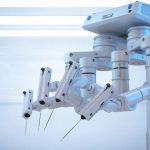Artificial Intelligence (AI) is rapidly integrating into various sectors, signaling significant changes in the UK labor market. The Tony Blair Institute (TBI) has released a comprehensive report detailing how AI can enhance productivity and create new opportunities while also presenting challenges that need to be addressed. As AI technologies evolve, their influence on work environments continues to expand, necessitating proactive measures from both policymakers and businesses.
Recent discussions around AI’s role in the economy emphasize its dual potential to drive growth and disrupt existing job structures. The TBI’s findings align with earlier analyses that highlight both the promise and the complexities of AI integration. Unlike past technological shifts, AI’s capacity to perform cognitive tasks at scale introduces unique dynamics to the workforce, requiring updated strategies for education and employment.
How Will AI Boost Productivity Across Industries?
AI is expected to significantly enhance productivity in the UK, with potential savings equivalent to the output of 6 million workers. These gains are primarily due to AI-enabled software handling tasks like data analysis and routine administrative functions.
Which Sectors Are Most Vulnerable to AI Integration?
Industries such as banking and finance, which rely heavily on routine cognitive tasks, are most susceptible to AI-driven changes. In contrast, sectors involving complex manual activities, like construction, are less likely to experience immediate impacts from AI technologies.
What Measures Can Mitigate AI’s Workforce Disruption?
“Technology has a long history of profoundly reshaping the world of work,”
the TBI report states, emphasizing the need for thoughtful management of AI technologies. Recommendations include upgrading labor-market infrastructure and implementing systems like the Early Awareness and Opportunity System to assist workers in navigating AI-induced changes.
The adoption of AI also opens avenues for job creation by fostering economic growth and spawning new industries. Although initial job losses may occur, the report suggests that these can be offset by the emergence of new roles and sectors driven by technological advancements.
Education and healthcare are key areas where AI can offer substantial benefits. In education, AI can personalize learning experiences, potentially increasing educational attainment by around six percent. In healthcare, AI can accelerate medical research and support preventive care, contributing to a healthier workforce and lower welfare costs.
To navigate the uncertainties of an AI-powered future, the TBI advocates for policy frameworks that encourage AI adoption while addressing its risks. Initiatives like AI-pathfinder programmes and challenge prizes aim to bridge public-sector labor gaps and ensure a balanced integration of AI technologies.
Ensuring a smooth transition into an AI-enhanced workforce involves continuous adaptation and support for workers. Emphasizing education and proactive policy measures will be crucial in maximizing the benefits of AI while minimizing its disruptive effects.










